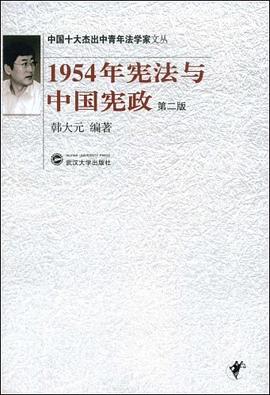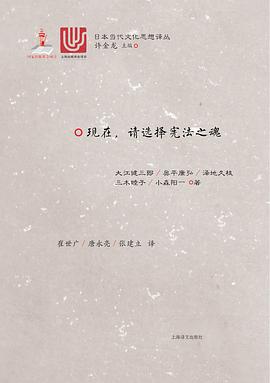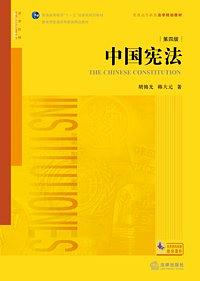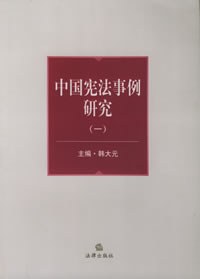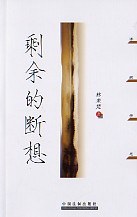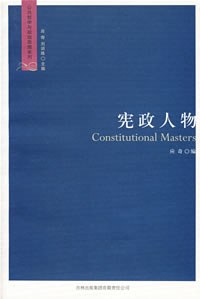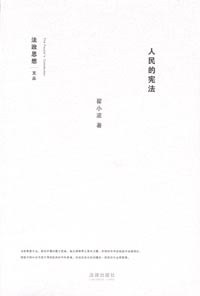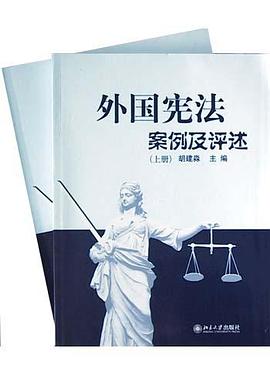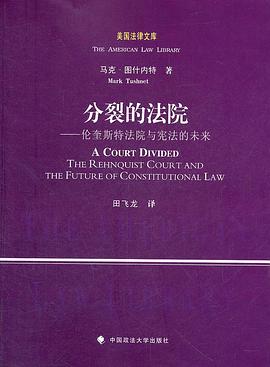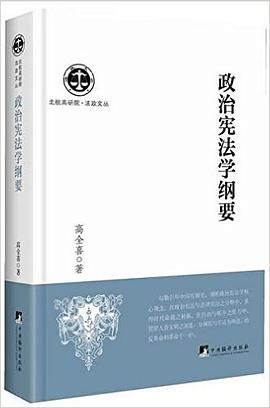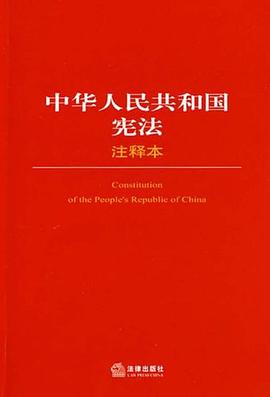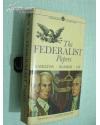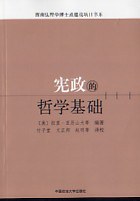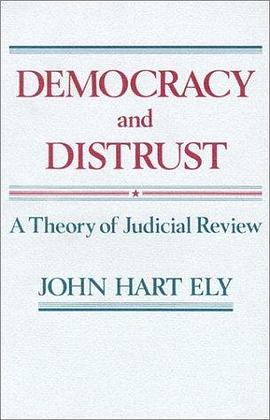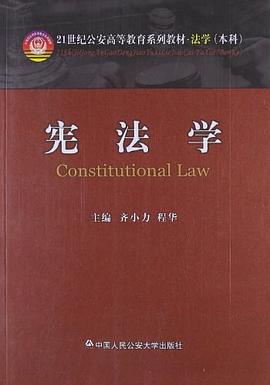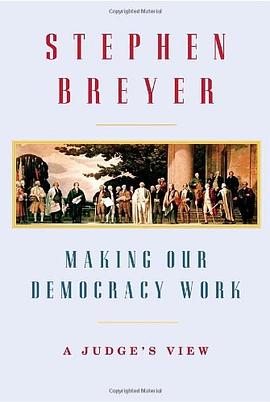

具體描述
The Supreme Court is one of the most extraordinary institutions in our system of government. Charged with the responsibility of interpreting the Constitution, the nine unelected justices of the Court have the awesome power to strike down laws enacted by our elected representatives. Why does the public accept the Court’s decisions as legitimate and follow them, even when those decisions are highly unpopular? What must the Court do to maintain the public’s faith? How can the Court help make our democracy work? These are the questions that Justice Stephen Breyer tackles in this groundbreaking book.
Today we assume that when the Court rules, the public will obey. But Breyer declares that we cannot take the public’s confidence in the Court for granted. He reminds us that at various moments in our history, the Court’s decisions were disobeyed or ignored. And through investigations of past cases, concerning the Cherokee Indians, slavery, and Brown v. Board of Education, he brilliantly captures the steps—and the missteps—the Court took on the road to establishing its legitimacy as the guardian of the Constitution.
Justice Breyer discusses what the Court must do going forward to maintain that public confidence and argues for interpreting the Constitution in a way that works in practice. He forcefully rejects competing approaches that look exclusively to the Constitution’s text or to the eighteenth-century views of the framers. Instead, he advocates a pragmatic approach that applies unchanging constitutional values to ever-changing circumstances—an approach that will best demonstrate to the public that the Constitution continues to serve us well. The Court, he believes, must also respect the roles that other actors—such as the president, Congress, administrative agencies, and the states—play in our democracy, and he emphasizes the Court’s obligation to build cooperative relationships with them.
Finally, Justice Breyer examines the Court’s recent decisions concerning the detainees held at Guantánamo Bay, contrasting these decisions with rulings concerning the internment of Japanese-Americans during World War II. He uses these cases to show how the Court can promote workable government by respecting the roles of other constitutional actors without compromising constitutional principles.
Making Our Democracy Work is a tour de force of history and philosophy, offering an original approach to interpreting the Constitution that judges, lawyers, and scholars will look to for many years to come. And it further establishes Justice Breyer as one of the Court’s greatest intellectuals and a leading legal voice of our time.
著者簡介
Stephen Gerald Breyer (pronounced /ˈbraɪər/; born August 15, 1938) is an Associate Justice of the U.S. Supreme Court. Appointed by Democratic President Bill Clinton in 1994, and known for his pragmatic approach to constitutional law, Breyer is generally associated with the more liberal side of the Court.[1]
Following a clerkship with Supreme Court Associate Justice Arthur Goldberg in 1964, Breyer became well-known as a law professor and lecturer at Harvard Law School starting in 1967. There he specialized in the area of administrative law, writing a number of influential text books that remain in use today. He held other prominent positions before being nominated for the Supreme Court, including special assistant to the United States Assistant Attorney General for Antitrust, and assistant special prosecutor on the Watergate Special Prosecution Force in 1973.
In his 2005 book Active Liberty, Breyer made his first attempt to systematically lay out his views on legal theory, arguing that the judiciary should seek to resolve issues to encourage popular participation in governmental decisions.
圖書目錄
One Judicial Review: The Democratic Anomaly 3
Two Establishing Judicial Review: Marbury v. Madison 12
Three The Cherokees 22
Four Dred Scott 32
Five Little Rock 49
Six A Present-Example 68
ii / Decisions That Work 73
Seven Basic Approach 75
Eight Congress, Statutes, and Purposes 88
Nine The Executive Branch,Administrative Action,and Comparative Expertise 106
Ten The States and Federalism: Decentralization and Subsidiarity 121
Eleven Other Federal Courts: Specialization 137
Twelve Past Court Decisions: Stability 149
part iii / Protecting Individuals 157
Thirteen Individual Liberty: Permanent Values and Proportionality 159
Fourteen The President, National Security, and Accountability:
Korematsu 172
Fifteen Presidential Power: Guantánamo and Accountability 194
Conclusion Appendix A Images 221
Appendix B Background: The Court 228
Acknowledgments 233
Notes 235
Index 255
Contents
· · · · · · (收起)
讀後感
《法官能为民主做什么》的编辑校对错误 《法官能为民主做什么》2012年1版1刷中,有不少小的错误,顺手摘出于此。 页34行7,“又能向求谁助”应为“又能向谁求助”。 页39行4,“强者措施”似应为“强制措施”。 页48行21,“诉求请求”似应为“诉讼请求”。 页77行3,“...
評分多数人民主的专制召唤者 -----------《法官能为民主做什么》读书笔记 这本原名为《Making Our Democracy Work---A Judge’s View》在译作中文的时候发生了某些偏差,来自美国最高法院的大法官布雷耶写下这本书的时候...
評分法国贵族托克维尔在其传世之作《论美国的民主》中有句名言:“在美国,几乎所有政治问题迟早都要变成司法问题。”托克维尔如此结论,旨在强调美国的法学家精神无所不在,“大部分公务人员都是或者曾经是法学家”,法学家精神“扩展到整个社会,深入到最低阶层,使全体人民都沾...
評分读完斯蒂芬·布雷耶大法官所著的《法官能为民主做什么》一书,我感触非常非常的多。这本书由美国最高法院现任大法官所著,由中国最高人民法院现任法官翻译。原著水平高超,翻译遣词精准。讲述了美国最高法院逐渐得到人民和政府其他分支的信任的过程,阐明了最高法院工作时...
評分“通过保护少数群体的权利免受多数人侵扰,最高法院将‘成为支撑和维系美国民主的主要机构’。” ——Gordon Wood 本书作者斯蒂芬·布雷耶在书中提出过一个普遍存在的疑问:一群并不受民选控制、由总统直接任命、任期为终身制的的大法官们,获得了宪法的最终解释权,难道不是...
用戶評價
明晚要在Rossabi的課上present一個有關聯邦高法的opinion paper。先拿布雷耶擋一下~~
评分明晚要在Rossabi的課上present一個有關聯邦高法的opinion paper。先拿布雷耶擋一下~~
评分權威 老生長談 主流思想
评分盡管美國憲法製定者們起瞭個好頭,對法院寄予厚望,但馬伯裏訴麥迪遜過瞭五十年纔有第二個審查案例而不至於使其成為絕響。事實上,從認為法院沒用、自己不喜歡的判決大可不遵守到建立對司法的信仰,美國經曆瞭長期的曆史過程。這個曆史過程錶明,司法獨立,不是司法獨大,更不是期待司法成為救世主,而是期待以平衡的藝術達至更好的社會。為達至平衡,法官采用瞭實用主義的解釋路徑。然而,關於司法信仰的國民教育,美國依然任重而道遠,畢竟調查顯示,在這個三權分立的國傢,隻有1/3的美國人能夠說齣司法、行政、司法這三個分支的名字,還有3/4的美國人乾脆根本不知道法官和立法者之間到底有什麼區彆。
评分布雷耶大法官關於司法與民主關係的最新力作
相關圖書
本站所有內容均為互聯網搜索引擎提供的公開搜索信息,本站不存儲任何數據與內容,任何內容與數據均與本站無關,如有需要請聯繫相關搜索引擎包括但不限於百度,google,bing,sogou 等
© 2025 book.quotespace.org All Rights Reserved. 小美書屋 版权所有



